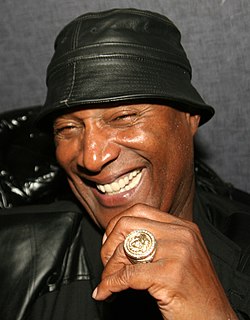A Quote by B. F. Skinner
The speaker does not feel the grammatical rules he is said to apply in composing sentences, and men spoke grammatically for thousands of years before anyone knew there were rules.
Related Quotes
Marla [from Rules Don't Apply] especially, believed that she has a certain set of rules that she had to abide by, in order to be successful in Hollywood. How she acted, how she approached things and even in her relationship with her mother - there were a lot more rules and regulations expected of ambitious women, even before they got into the door.
Who knew what evil lurked in the hearts of men? A copper, that's who. (...)You saw how close men lived to the beast. You realized that people like Carcer were not mad. They were incredibily sane. They were simply men without a shield. They'd looked at the world and realized that all the rules didn't have to apply to them, not if they didn't want them to. They weren't fooled by all the little stories. They shook hands with the beast.
In my own field, x-ray crystallography, we used to work out the structure of minerals by various dodges which we never bothered to write down, we just used them. Then Linus Pauling came along to the laboratory, saw what we were doing and wrote out what we now call Pauling's Rules. We had all been using Pauling's Rules for about three or four years before Pauling told us what the rules were.
For most of us the rules of English grammar are at best a dimly remembered thing. But even for those who make the rules, grammatical correctitude sometimes proves easier to urge than to achieve. Among the errors cited in this book are a number committed by some of the leading authorities of this century. If men such as Fowler and Bernstein and Quirk and Howard cannot always get their English right, is it reasonable to expect the rest of us to?
By a generative grammar I mean simply a system of rules that in some explicit and well-defined way assigns structural descriptions to sentences. Obviously, every speaker of a language has mastered and internalized a generative grammar that expresses his knowledge of his language. This is not to say that he is aware of the rules of the grammar or even that he can become aware of them, or that his statements about his intuitive knowledge of the language are necessarily accurate.
When you start out on a career in the arts you have no idea what you are doing. This is great. People who know what they are doing know the rules, and know what is possible and impossible. You do not. And you should not. The rules on what is possible and impossible in the arts were made by people who had not tested the bounds of the possible by going beyond them. And you can. If you don't know it's impossible it's easier to do. And because nobody's done it before, they haven't made up rules to stop anyone doing that again, yet.






































